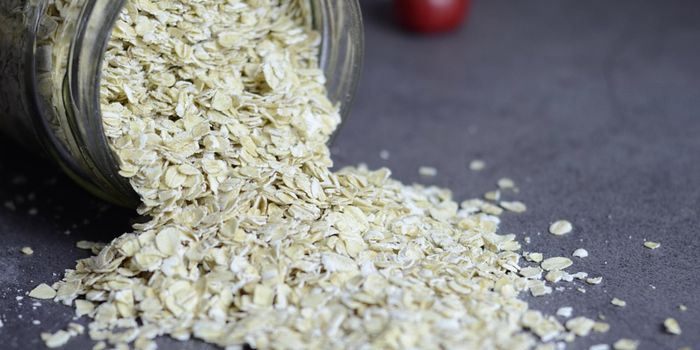High-intensity statin treatments increase the chance of survival for individuals with cardiovascular disease, as compared to moderate-intensity statins.
"Previously, there was definitely a certain amount of fear on the patient's part because most people don't like taking medication," said senior author Paul Heidenreich, MD. Statins are a class of drugs that prevent the progression of cardiovascular disease by lowering cholesterol levels in the blood, preventing atherosclerotic plaque buildup that hinders healthy blood flow. Although they indirectly prevent heart attack and stroke, there are also some studies showing side effects like diabetes and muscle damage associated especially with higher-intensity statin treatments.
Conducted for a full 365 days, the Stanford University Medical Center study’s results support American College of Cardiology and American Heart Association recommendations for high-intensity statins for patients with atherosclerotic cardiovascular disease under the age of 75, a statement that contradicted the more conservative guidelines put forth in 2014 by the Veterans Affairs Health Care System. This group cited studies showing the “lack of conclusive evidence” that a boost in drug intensity made a difference for heart disease patients.
However, by analyzing medical records from over 500,000 patients across the nation, Heidenreich’s results provided clear evidence that high-intensity statins increased rates of survival for both young, middle-aged, and elderly patients with heart disease. On average, patients taking the high-intensity statins showed a nine percent increased chance of survival compared to patients receiving moderate-intensity treatments.
"The greatest strength of this study is that we used a very large, well-defined clinical cohort," said lead author Fatima Rodriguez, MD. "The results show that high-intensity statins confer a survival advantage for patients with cardiovascular disease, including older adults." Rodriguez and the research team also had access to detailed clinical information, like comorbidities and cholesterol levels.
Researchers studied cardiovascular disease patients taking many different kinds of statins at different levels of intensity, as well as patients taking no statins at all. Each patient in the study was assigned a score that defined and described their need for high-intensity statins based on the severity of their disease.
With the benefits of using high-intensity statins clearly stated and published for the world to see, Rodriguez and the researchers from Stanford next plan on improving the system responsible for deciding which patients are best-suited for receiving high-intensity statins. "There are a lot of guidelines and recommendations out there, so I think we also have to make the system better," Rodriguez said. "Maybe hospitals can employ a clinical reminder to doctors, a message that pops up on the doctor's screen that asks why a cardiovascular patient isn't on a high-intensity statin."
Heidenreich said, "We think this should give clinicians, physicians and nurse practitioners more comfort in following the American College of Cardiology and American Heart Association guidelines and putting people with prior cardiovascular disease on a high-intensity statin."
The Stanford study was recently published in
JAMA Cardiology.
Source:
Stanford University Medical Center









